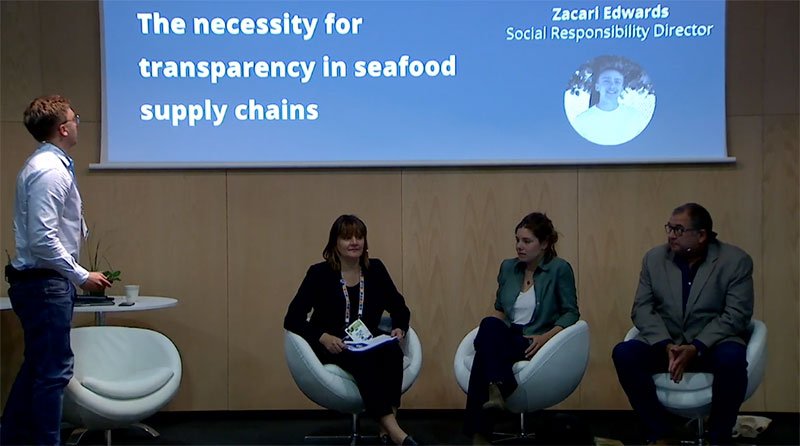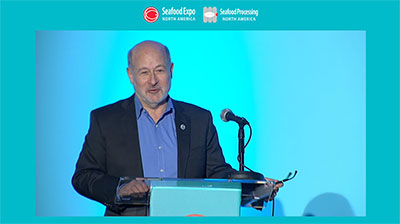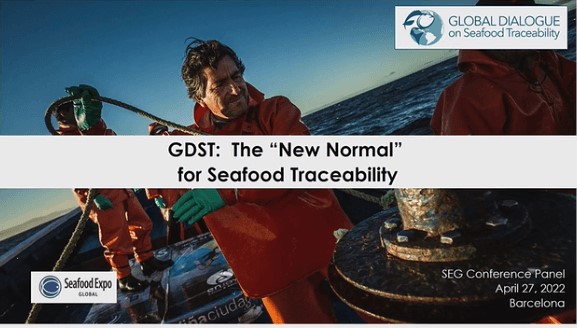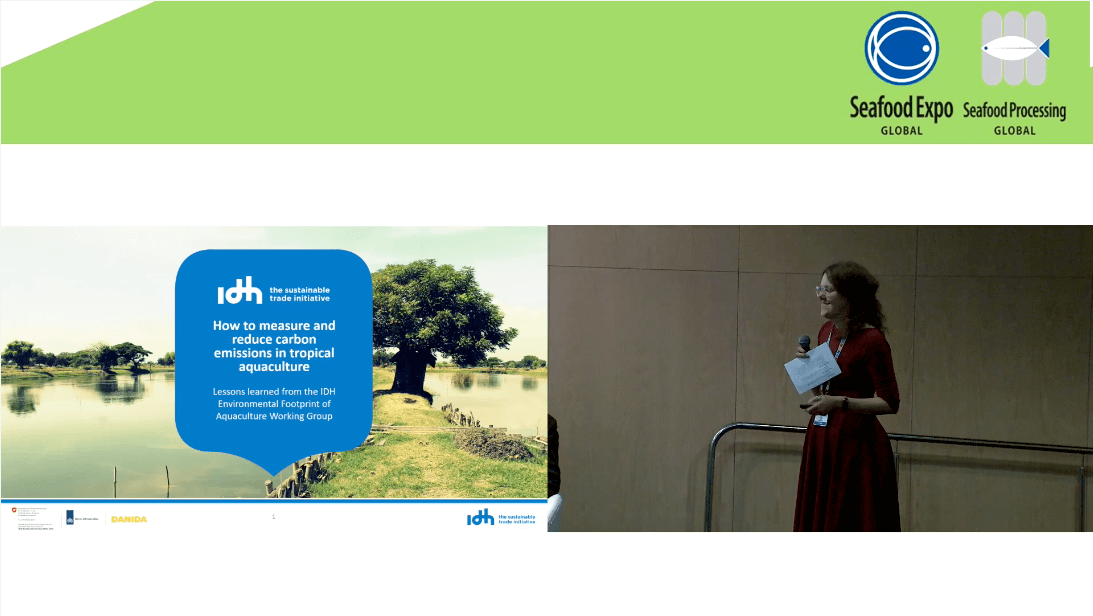Filters
Product Categories
In order to promote the vital social, economic and environmental benefits of one-by-one tuna fishing, we need to address the lack of readily available data surrounding small-scale tuna fisheries. This is why IPNLF decided to launch the Sourcing Transparency Platform (STP), the first platform to drive greater transparency in one-by-one tuna supply chains throughout the globe. The STP has been designed to make one-by-one tuna supply chains more transparent and to create a conversation from B2B and from company-to-customer. The STP allows commercial IPNLF members to clearly showcase how their sourcing decisions both align with the Sustainable Development Goals (SDGs), and directly support one-by-one tuna fisheries; thereby safeguarding coastal livelihoods, contributing to food security and strengthening local economies. Each company has populated their page with information to give in-depth insight into their sustainable operations. This enables transparency that is vital for creating conversations for how we should be sourcing and consuming tuna, to be responsible, ethical, and truly support the coastal communities that we rely upon for our seafood. The health of our oceans is becoming an increasing concern for consumers, heightening the need for greater transparency throughout seafood supply chains. In this session, we want demonstrate the Sourcing Transparency Platform on the basis of the profiles of Marks & Spencer, Fish Tales, and Woolworths SA and the market industry decisions on sourcing commitments, general CSR, or sustainability, or, on the side of legislation – how the concerns raised for our oceans and tuna stock management are justified.

Lessons Learned from One of the Seafood Industry’s Top Marketing Teams

Building Markets for Small Scale Fisheries in Peru and Chile through Traceability

Speaker(s)/Moderator(s):
Dave Wittenberg, Founder, Verax Point Consulting
Duration: 55 minutes

In June, Sustainable Fisheries Partnership, a nonprofit dedicated to reducing the environmental and social impacts of fishing and fish farming, launched “Target 75,” an initiative setting the goal of seeing 75 percent of the world’s seafood sourced sustainably or improving toward sustainability by 2020.

Small-scale fisheries account for 95 percent of the world’s fishing fleet, but currently suffer from inadequate monitoring. Silicon Valley-based Pelagic Data Systems (PDS) has created a lightweight monitoring system for small vessels that can be used to combat illegal, unreported and unregulated (IUU) fishing and the exploitation of global fish stocks. Join PDS CEO Dave Solomon and the company’s chief scientific officer, Melissa Garren, as well as Jack Whalen of the Sustainable Fisheries Partnership, as they detail the current state of fisheries monitoring, what today’s technology can do to deter IUU fishing, and how technology is being used to fill data gaps at sea.

Moderator:
Kate Naughten, NOAA Fisheries
Speakers:
Danielle Blacklock, NOAA
Alexa Cole, NOAA
Janet Coit, NOAA
Paul Doremus, NOAA
Rick Spinrad, NOAA
NOAA Fisheries works closely with fishing and seafood stakeholders to ensure resilient marine fisheries in the U.S. and to strengthen the seafood industry. Ultimately, our goals include expanding domestic seafood supply, leveling the playing field on trade, and modernizing policies and infrastructure for a more efficient seafood supply chain. During this session, participants will hear from NOAA leadership about the agency’s top priorities under the Biden-Harris Administration, including supporting economic and environmental resiliency of our coastal communities by providing the seafood industry with the critical resources needed for generating greater demand for U.S. seafood.

Speaker(s)/Moderator(s):
Speaker: Gib Brogan, Northeast director, Oceana
Moderator: Sean Murphy, Editor, Seafood Source
Duration: 55 minutes

Speaker: Greg Brown, GDST Executive Director - Global Dialogue on Seafood Traceability
The game-changing traceability standards issued in 2020 by the Global Dialogue on Seafood Traceability (GDST) are rapidly gaining industry adoption around the world, and the relevance of GDST to emerging regulations is becoming increasingly clear. As the GDST gains strength as an independent B2B platform, this panel will feature the GDST's new Executive Director and his vision for the future, while highlighting several leading companies whose implementation of the GDST standards illustrates the "new normal" of seafood traceability for the entire sector.

Speaker:
Lisa Van Wageningen
Teresa Fernandez
Dominique Gautier
Björn Kok
Pamela Nath
The recent IPCC report is very clear: we need to reduce greenhouse gas emissions now to avoid catastrophe. As food production accounts for a large share of global emissions, we cannot wait to start reducing the carbon footprint of different sectors, including seafood – both wild harvest and aquaculture. However, to date, methodology to calculate the footprint of seafood products has been lacking in the seafood industry, and without accurate baseline footprints, understanding hotspots and implementing improvement projects to meet targets is out of reach. To face this challenge, a few forward-looking companies have joined the IDH Aquaculture Working Group on Environmental Footprint, to among other environmental concerns, start measuring their carbon footprints along their entire supply chains – from the soy being produced for use in aquafeed, up until purchase by consumers. As the timeframe for reducing emissions is closing in, this Panel Presentation at Seafood Expo Global (Barcelona) will allow a platform for companies at different segments of the value chain to explain how they approach measuring carbon along their supply chains; and will explain where the carbon hotspots are in tropical aquaculture supply chains; and what they learned during the process of evaluating the footprint of aquaculture products. Along with the companies, the Panel Presentation will include experts in environmental foot printing in the agri-food sector. Join us in this session and listen to the experiences of companies that are calculating the footprint of their seafood products. Learn what your company can do in measuring and reducing your aquaculture carbon footprint.





